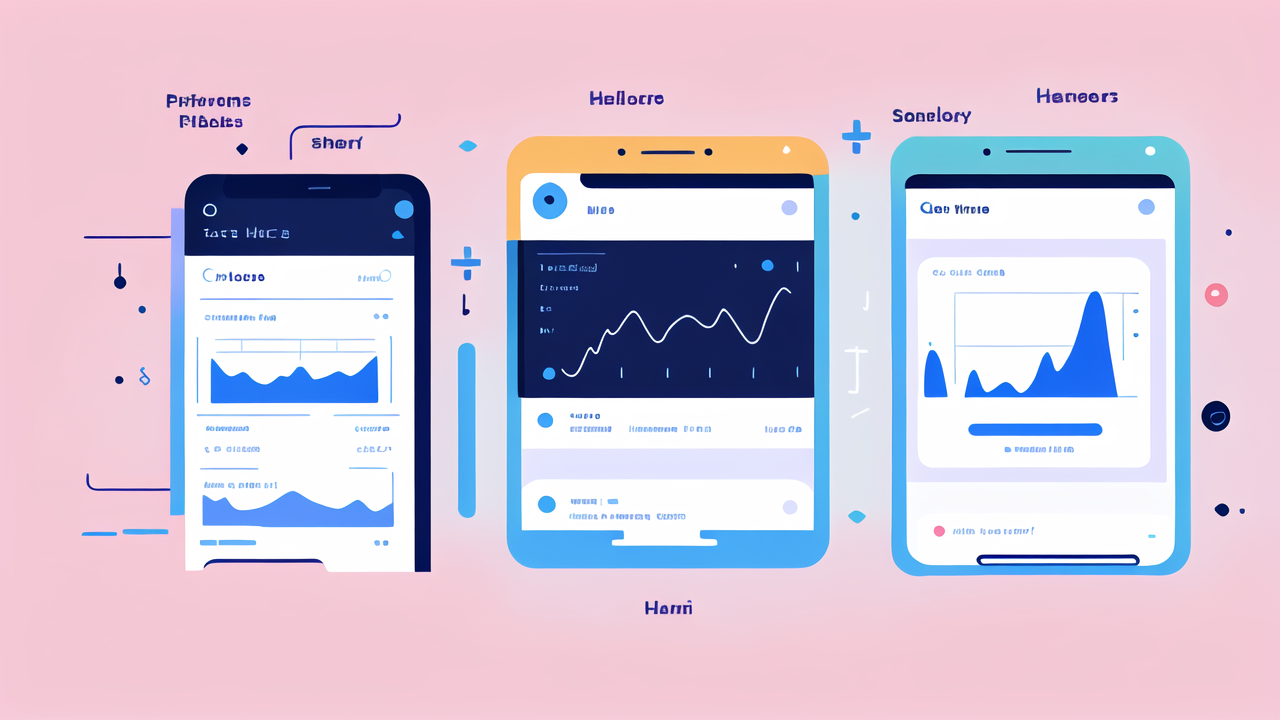The Rise of Smart Watches in Modern Lifestyles
Understanding the Shift from Traditional to Smart Timepieces
Smart watches have come a long way from their humble beginnings. They've evolved from simple timekeepers to powerful wrist computers. This shift marks a big change in how we use watches.

Traditional watches only told time. Smart watches do much more. They track our health, show notifications, and even make calls. This change has made watches more useful in our daily lives.
The move to smart watches reflects our need for instant information. We want data at our fingertips. Smart watches meet this need perfectly. They give us quick access to important info without reaching for our phones.
How Smart Watches Have Changed the Game in Personal Productivity
Smart watches have become key tools for boosting productivity. They help us manage our time better and stay organized. Here's how they've changed the game:
- Quick access to notifications
- Easy scheduling and reminders
- Voice commands for hands-free use
- Fitness tracking to promote healthy habits
- Contactless payments for faster transactions
These features save time and streamline daily tasks. They let us do more without pulling out our phones. This keeps us focused and productive throughout the day.
Smart watches also help with work-life balance. They can separate work and personal notifications. This helps us stay connected without being overwhelmed.
Key Features that Define Top Smart Watches
Advanced Monitoring and Sensor Technology
Top smart watches boast cutting-edge sensors. These sensors track various aspects of our health and activities. They go beyond basic step counting.

Modern smart watches can monitor:
- Heart rate and rhythm
- Blood oxygen levels
- Sleep patterns and quality
- Stress levels
- Skin temperature
These sensors provide a comprehensive view of our health. They can detect potential issues early. This makes smart watches valuable tools for preventive care.
The accuracy of these sensors keeps improving. This makes smart watches more reliable for health monitoring. Some can even detect falls or irregular heart rhythms.
Integration of AI and Machine Learning
AI and machine learning are changing how smart watches work. They make these devices smarter and more personalized. Here's how:
- Personalized health insights based on user data
- Adaptive fitness coaching
- Predictive health alerts
- Smart notification filtering
- Improved voice recognition for commands
These AI features make smart watches more useful over time. They learn from our habits and adjust to our needs. This creates a truly personalized experience.
AI also helps in processing the vast amount of data collected. It turns raw numbers into actionable insights. This makes it easier for users to understand and use their health data.
Interconnectivity and Compatibility with Ecosystems
Smart watches don't work alone. They're part of larger tech ecosystems. This connectivity makes them more powerful and useful. Here's what it means:
- Seamless syncing with smartphones and tablets
- Integration with smart home devices
- Compatibility with health and fitness apps
- Access to digital assistants like Siri or Google Assistant
- Easy sharing of data across platforms
This interconnectivity expands what smart watches can do. They become control centers for our digital lives. We can manage our homes, track our health, and stay connected all from our wrists.
Compatibility also means more choices for users. They can pick watches that work best with their preferred devices and apps.
The Future of Smart Watches in Health and Wellness
The Role of Wearable Technology in Preventive Healthcare
Smart watches are becoming key players in preventive healthcare. They collect data that can spot health issues early. This shift is changing how we approach wellness.

These devices track vital signs around the clock. They can detect subtle changes that might signal health problems. This constant monitoring helps catch issues before they become serious.
Doctors are starting to use data from smart watches in their care plans. It gives them a more complete picture of a patient's health. This can lead to better diagnoses and treatments.
Smart watches also encourage healthy habits. They remind us to move, drink water, and get enough sleep. These small nudges can have a big impact on overall health.
Enhancing Lifestyle Management through Smart Watches
Smart watches are powerful tools for managing our lifestyles. They help us make better choices about our health and daily habits. Here's how:
- Setting and tracking fitness goals
- Monitoring diet and nutrition
- Managing stress through breathing exercises
- Improving sleep hygiene with sleep tracking
- Encouraging regular movement with stand reminders
These features make it easier to maintain a healthy lifestyle. They provide motivation and accountability. This can lead to lasting positive changes in our daily routines.
Smart watches also help with time management. They can schedule our days, set reminders, and help us stay on task. This makes it easier to balance work, health, and personal time.
Regulatory Impact and Ethical Considerations in the Wellness Industry
As smart watches become more involved in health care, regulations are catching up. This brings new challenges and opportunities. Here are some key points:
- FDA approval for certain health monitoring features
- Data privacy concerns and protection measures
- Accuracy standards for health measurements
- Integration with electronic health records
- Ethical use of AI in health predictions
These regulations aim to ensure smart watches are safe and effective for health monitoring. They also address concerns about data privacy and security.
Ethical considerations are also important. We must consider how health data is used and shared. There are questions about the impact of constant health monitoring on mental well-being.
As smart watches evolve, so will the rules governing them. This will shape how these devices are used in healthcare and wellness in the future.




Leave a comment
This site is protected by hCaptcha and the hCaptcha Privacy Policy and Terms of Service apply.